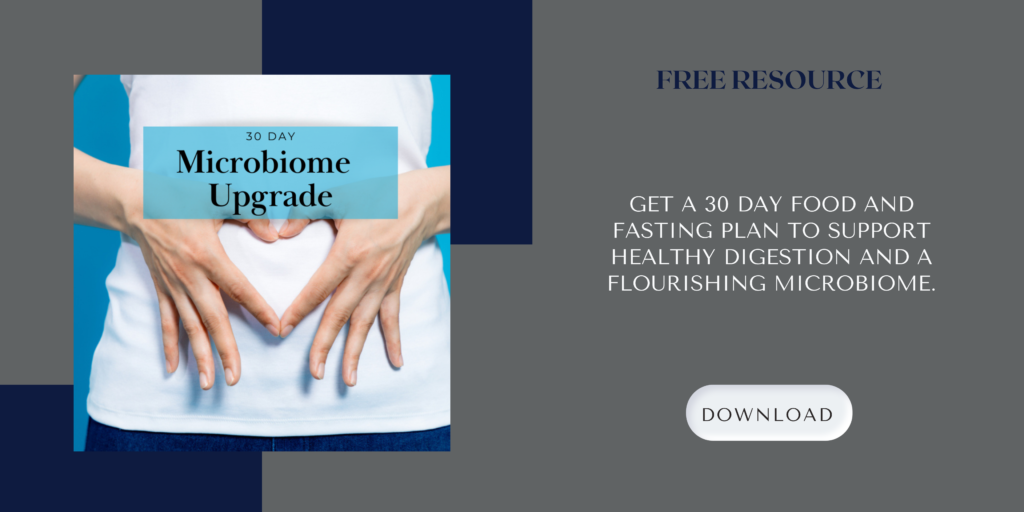Today we are discussing the value of hydration and why staying hydrated requires more than drinking water.
Are you always hungry, do you feel like you are never full? You could be dehydrated.
You have probably heard it said that thirst signals can be mistaken for hunger signals. Those thirst signals are dehydrated cells screaming for H2O.
What happens to our body in a dehydrated state
Each morning you wake up in a dehydrated state as your body has spent 7-9+ hours without water, if you get a reasonable night of sleep. This is why I recommend starting your day with a tall glass of water (yes, even before coffee).
If you want to have more willpower at 4pm, then start your day with a glass of water.
Consider adding in some electrolytes or sprinkle in some low microplastic sea salt into your drink with a spritz of lemon or lime to improve your capacity to hydrate.
Without optimal water, cell membranes lack structure and without proper structure, cell membranes are unable to communicate efficiently. Cell membranes also act as the gatekeepers to keep harmful elements from entering into the cell where they could disrupt your nucleus and DNA structure.
Without sufficient water intake, you cannot properly metabolize stored fats and carbohydrates to be used as energy sources.
Not only is a dehydrated person sluggish physically, and mentally, they are also going to have a really challenging time using up excess fat and recovering from physical exertion.
In fact, when muscle cells are dehydrated, they break down protein more quickly during exertion and build muscle more slowly, so you could be getting great workouts in and getting half the results.
Are you dehydrated?
A simple way to examine if you are dehydrated is to look at your food and drink inputs. If you are consuming chips, crackers, bagels, croissants, cookies, soda pop, French fries, fast food, then you are dehydrated.
All those food-like items require the body to supply all the water for their digestion and assimilation and detoxification.
Whereas if you are consuming fruit, meat, vegetables, nuts, seeds, oatmeal, eggs, and beans 90% of the time, you are likely to be hydrated because you are supplying your body with most of the water needed to digest that food.
And if you are prone to overeat, consider that those who consumed roughly 16 ounces of water before a meal consumed 22% less calories.
Hopefully by now, you really want to get hydrated!
Unfortunately, you can’t just drink the latest electrolyte drink and magically get hydrated. And if you suffer from chronic dehydration it will take time for your blood volume as well as your balance of intracellular and extracellular water to re-equilibrate to a hydrated state.
5 Steps to Maximize Your Hydration Status
- Drink a glass of water first thing before anything else in the morning.
- Substitute in hydrating foods (cucumbers, fruit, zucchini, celery) in place of packaged foods.
- Utilize amino acids in your water. Amino acids can significantly enhance the absorption and retention of fluids, even more so than electrolyte mixes. When I say retention of fluids, I am not talking about swollen ankles, I am talking about increasing intercellular (within the cell) hydration. I have found this especially helpful for patients doing sauna therapy, heavy sweaters and pregnant women.
- If your life routine doesn’t supply sufficient zinc or you are under heavy stress, consider adding in 15mg of supplemental zinc to your routine to support water and electrolyte absorption. Without sufficient zinc, hydration won’t happen.
- Drink water throughout the day, rather than guzzling a couple times per day.

It is not the amount of water you drink, but the amount of water you keep that matters. This is why engaging in multiple avenues of hydration is more important than just guzzling a gallon of water.
